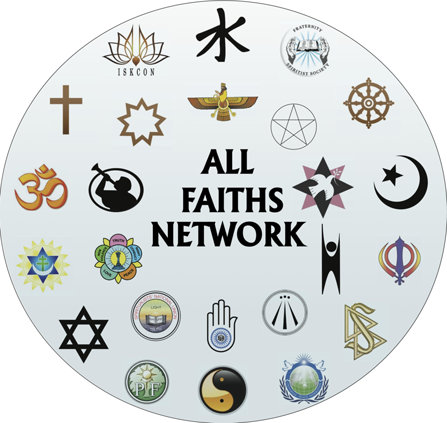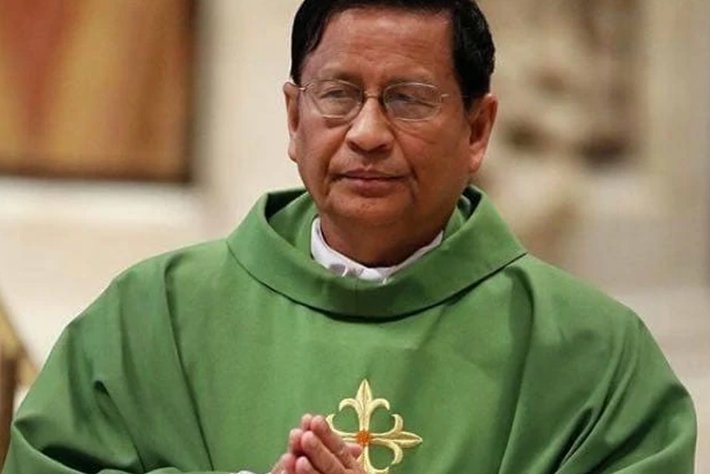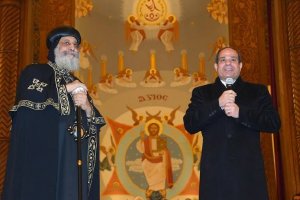
This summer’s All Faiths Network “Human Rights and Religion” forum in the UK focused on religious antecedents to the modern concept of universal human rights.
Speakers included Ahsan Ahmedi, Regional President of the Ahmadiyya Muslim Association and host of The Voice of Islam radio show; Tanveen Kaur who carries out advocacy work for United Sikhs; Satish Sharma, Secretary General of the National Council of Hindu Temples; Dr. Sheik Ramsey, a British Islamic scholar and founder of the Oxford Islamic Information Centre (OIIC) and Muslim chaplain of Oxford Brooks University; and Tracey Coleman, Public Relations Director of the Church of Scientology London. The meeting, chaired by the director of All Faiths Network, was held at the Church of Scientology on Queen Victoria Street, London.
While the concept of human rights has developed over thousands of years, it was not until the 1948 Universal Declaration of Human Rights and the 1950 European Convention on Human Rights that a comprehensive and, in some respects, legally enforceable delineation of these rights was recognized by governments around the world.
The All Faiths Network forum explored how different religions have expressed these rights in their religious texts, although not specifically calling them such.
The focus was on three specific human rights: Freedom of religion or belief, freedom of expression and freedom of association.
The discussion included examples of how religion has been used both as a force for good and evil and has to this day been perverted to serve the purposes of evil men and women and special interest groups. However, such negative actions do not reflect the core principles of each religion and do not change the initial intention and purpose of the religious texts.
The speakers showed how key human rights principles were expressed in their religious texts giving various examples of these. This demonstrated the respect with which religions view equality and humanity, and consequently human rights hundreds even thousands of years before the advent of a formulated set of rights.
The event was one of a planned series that will be held in different venues in the UK.
From its beginnings, the Church of Scientology has recognized that freedom of religion is a fundamental human right. In a world where conflicts are often traceable to intolerance of others’ religious beliefs and practices, the Church has, for more than 50 years, made the preservation of religious liberty an overriding concern.
The Church publishes this blog to help create a better understanding of the freedom of religion and belief and provide news on religious freedom and issues affecting this freedom around the world.
For more information visit the Scientology website or Scientology Network.


